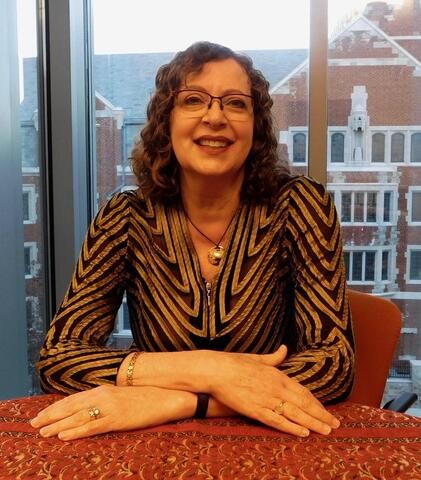Summary:
Why are women freezing their eggs in record numbers? Contrary to media reports, which suggest that women’s “selfish” career ambitions are the main determinant of women’s fertility postponement, women themselves offer different explanations for their fertility preservation. Indeed, the growing momentum toward egg freezing masks an underlying but little discussed global reality: Namely, women in the United States and more than half the world’s nations are outperforming men in higher education, resulting in the lack of eligible, educated, and equal partners with whom to pursue marriage and childbearing. In this National Science Foundation study of more than 100 highly educated, American professional women, most lamented this mating gap, which was the main reason for their pursuit of fertility preservation. Although egg freezing has been touted for its “revolutionary” potential—namely, as an empowering technology that creates new career options and family formations such as “single motherhood by choice”—egg freezing today is rarely experienced by highly educated single women in these feminist terms. Rather, egg freezing is a costly technological concession to growing gender inequalities, whereby educated women are literally “buying time” and attempting to “bridge the gap” while experiencing reproductive waithood beyond their individual control.
Bio:
Professor Inhorn is the William K. Lanman, Jr. Professor of Anthropology and International Affairs and Chair of the Council on Middle East Studies (CMES) in The Whitney and Betty MacMillan Center for International and Area Studies.
As a medical anthropologist, Inhorn’s research interests revolve around gender and health, science and technology studies (STS), feminist theory (including masculinity studies), religion and bioethics, globalization and global health, cultures of biomedicine and ethnomedicine, stigma and human suffering, and the health costs of conflict, especially for refugees and forced migrants.

